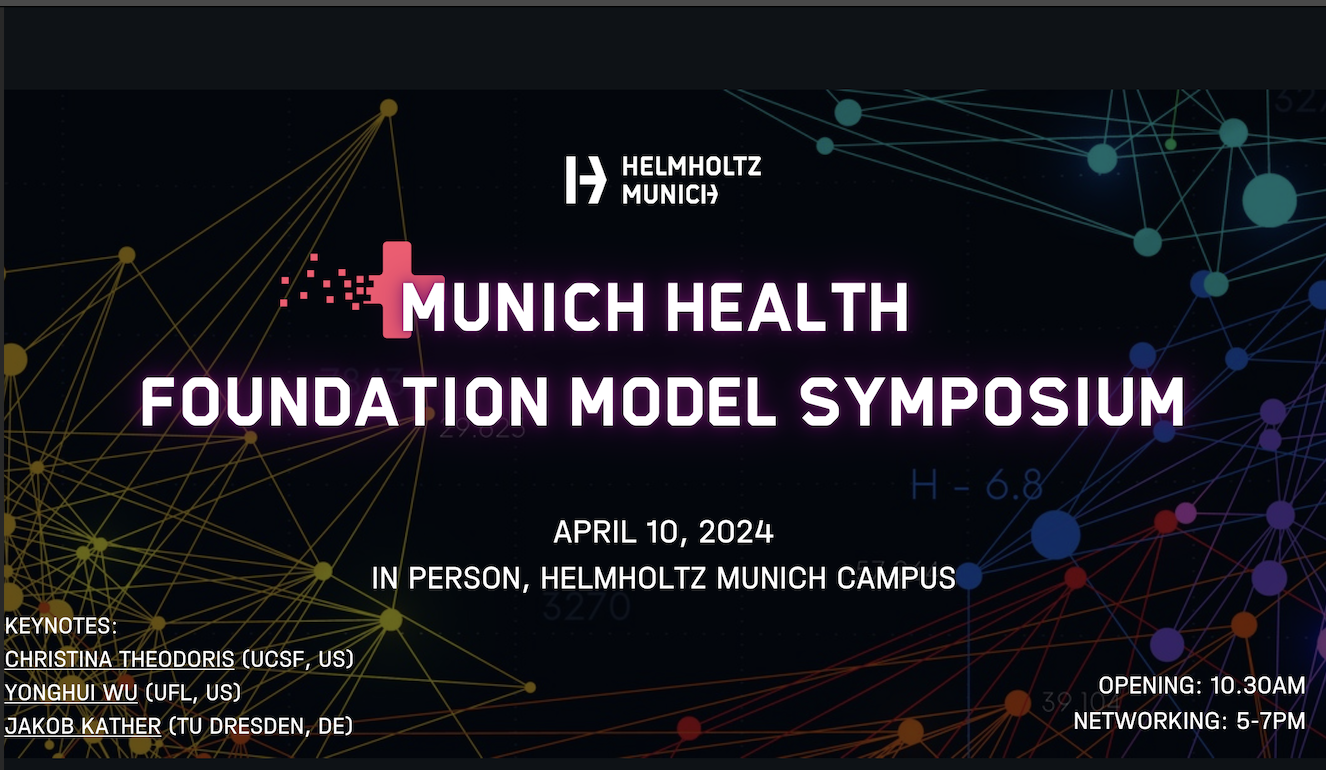Description
A key challenge in precision medicine is delineating how genetic variations determine phenotype. Studies show that individuals with low polygenic risk scores (PRS) for complex traits, carry more rare variants in relevant genes. Current genotype-to-phenotype models, such as PRS, have limited power in discovering associations between traits and genes with rare variants. Although rare variant association studies address this, they cannot capture genes with extremely low cumulative allele frequencies. These two observations underscore the need for genotype-to-phenotype models that can leverage rare variants. In previous work, we evaluated functional gene embeddings created from various data modalities for predicting disease-gene lists, cancer drivers, phenotype–gene associations and scores from genome-wide association studies (Brechtmann et al., NARGAB 2023). Embeddings derived from genome-wide assays performed better when predicting genome-wide association signals and exhibit no bias towards highly studied genes. Here, we extend this work to phenotype prediction using a Bayesian neural network trained to predict the impact of rare variants on phenotypes by integrating functional information across genes through gene embeddings. This integration offers a functional regularization of model parameters, prioritizing genes with greater functional relevance. To evaluate our model, we conducted a comprehensive analysis across 41 quantitative traits, leveraging data from 167,000 whole-exome sequencing (WES) samples from the UK Biobank. Our model offers improved phenotype prediction on held-out data over the baselines and can recover gene effects observed on a larger unseen cohort significantly better than the baselines.

